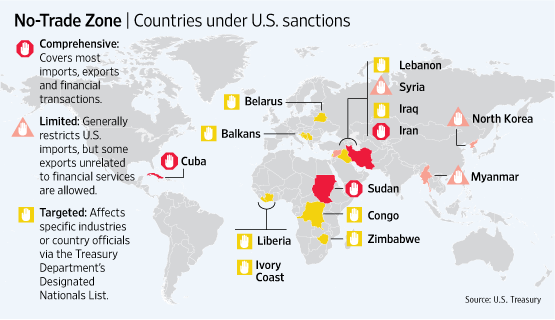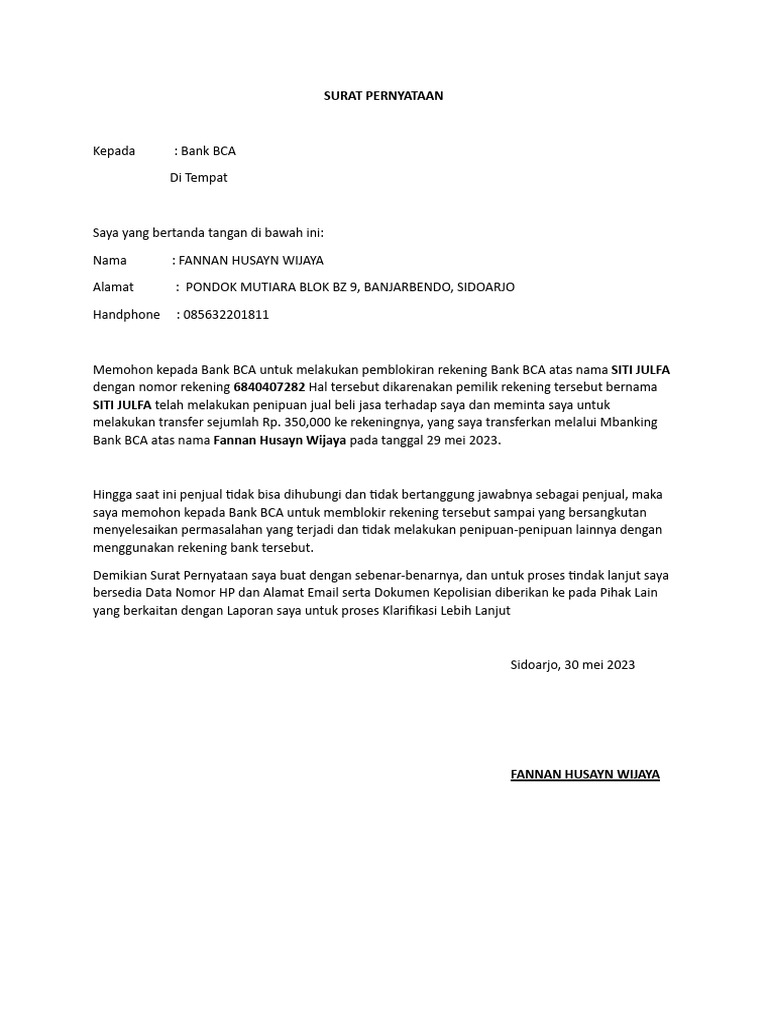Britain And Australia: A Critical Analysis Of Their Myanmar Sanctions Policy

Table of Contents
The Scope and Nature of UK and Australian Sanctions
UK Sanctions
The UK government has implemented a range of sanctions against the Myanmar military regime, targeting individuals and entities deemed responsible for the coup and subsequent human rights abuses. These sanctions are primarily based on the Myanmar (Sanctions) Regulations 2021, which draws power from the UK's sanctions legislation. The measures imposed include asset freezes, travel bans, and trade restrictions.
- Examples of sanctioned individuals: Senior military leaders, including Min Aung Hlaing, and key figures in the junta's administration.
- Examples of sanctioned companies: Businesses linked to the military, involved in the exploitation of natural resources or complicit in human rights violations.
- Types of assets frozen: Bank accounts, property holdings, and other financial assets located within UK jurisdiction.
- Sectors affected by trade restrictions: Arms sales, timber, jade, and other sectors contributing to the military's revenue streams.
Australian Sanctions
Australia's response to the Myanmar crisis has also involved targeted sanctions, focusing on individuals and entities responsible for the coup and human rights abuses. These sanctions are implemented under the Autonomous Sanctions Act 1991 and the Customs Act 1901. While mirroring the UK's approach in many respects, the Australian sanctions regime presents some key differences.
- Differences in target selection: While there is significant overlap, some individuals or entities sanctioned by the UK may not be subject to sanctions by Australia, and vice-versa.
- Types of sanctions: Similar to the UK, Australia employs asset freezes and travel bans. However, the specifics of trade restrictions and enforcement mechanisms may differ.
- Differences in enforcement mechanisms: Variations exist in the legal frameworks and enforcement capacities between the two countries, impacting the overall effectiveness of the sanctions.
Effectiveness of the Sanctions Regimes
Assessing Impact on the Myanmar Junta
Assessing the effectiveness of the Myanmar sanctions is complex and requires careful consideration of various factors. While the sanctions undoubtedly impose some economic pressure on the junta, their impact on altering the military's behavior or weakening its power is debatable.
- Evidence of economic hardship: Reports indicate some disruption to the Myanmar economy, particularly in sectors targeted by sanctions. However, the junta has demonstrated resilience, exploiting alternative revenue streams and relying on support from certain neighboring countries.
- Changes in military spending: Data on military spending is often unreliable, making a comprehensive assessment challenging. However, anecdotal evidence suggests the military has adapted and sought alternative financing methods.
- Impact on human rights violations: There's no clear evidence that the sanctions have directly led to a reduction in human rights abuses. The junta continues to perpetrate violence against civilians and political opponents.
Limitations and Challenges
The Myanmar sanctions regimes face significant limitations and challenges that hinder their effectiveness.
- Sanctions evasion: The junta has been able to circumvent sanctions through illicit financial flows, exploiting weaknesses in international cooperation and leveraging informal trade networks.
- Weaknesses in international cooperation: Lack of complete global consensus on the sanctions creates loopholes and reduces their overall impact. Some countries continue to engage in trade with Myanmar, undermining the effectiveness of the restrictions.
- Limitations of sanctions as a standalone tool: Sanctions are only one component of a broader strategy. Their effectiveness is significantly enhanced when combined with diplomatic efforts and support for pro-democracy groups.
Alternative Approaches and Policy Recommendations
Diplomacy and International Cooperation
A comprehensive response to the crisis in Myanmar requires a multifaceted approach, emphasizing diplomatic initiatives alongside sanctions.
- Role of diplomatic initiatives: International pressure through the UN Security Council and other multilateral forums is crucial for influencing the junta's behavior and encouraging a return to democratic processes.
- Effectiveness of multilateral efforts: While significant international condemnation exists, achieving unified action and effective enforcement remains a considerable challenge.
- Potential for coordinated sanctions: Strengthening international cooperation through coordinated sanctions and targeted financial measures could significantly enhance the effectiveness of the current restrictions.
Supporting Civil Society and Human Rights
Supporting pro-democracy groups and human rights defenders is paramount for fostering long-term positive change in Myanmar.
- Strategies for providing support: This includes financial assistance, logistical support, training, and advocacy work to empower these groups.
- Importance of humanitarian aid: Providing humanitarian assistance to vulnerable populations affected by the conflict is critical.
- Role of international organizations: Organizations like the UN and international NGOs play a crucial role in protecting human rights and delivering aid to those in need.
Conclusion
This critical analysis of Britain and Australia's Myanmar sanctions policy reveals a complex picture. While sanctions have undoubtedly placed some economic pressure on the Myanmar junta, their effectiveness in achieving significant political change remains limited. The limitations of sanctions, particularly concerning enforcement and unintended consequences, highlight the need for a more comprehensive approach. This requires a stronger emphasis on international cooperation, diplomatic engagement, and targeted support for pro-democracy forces and human rights defenders within Myanmar. Future research should focus on evaluating the long-term impacts of these sanctions and exploring more effective strategies for promoting democracy and accountability in Myanmar. A more robust and coordinated Myanmar sanctions policy, incorporating both targeted pressure and sustained support for democratic forces, is crucial for achieving lasting positive change.

Featured Posts
-
 Myanmar Foto Foto Pekerja Korban Penipuan Online Internasional Ada Warga Negara Indonesia
May 13, 2025
Myanmar Foto Foto Pekerja Korban Penipuan Online Internasional Ada Warga Negara Indonesia
May 13, 2025 -
 Penjelasan Karding Soal Penempatan Pekerja Migran Di Kamboja Dan Myanmar
May 13, 2025
Penjelasan Karding Soal Penempatan Pekerja Migran Di Kamboja Dan Myanmar
May 13, 2025 -
 Javna Obravnava Predloga Novele Zakona O Romski Skupnosti Analiza In Komentarji
May 13, 2025
Javna Obravnava Predloga Novele Zakona O Romski Skupnosti Analiza In Komentarji
May 13, 2025 -
 Zhizn I Tvorchestvo Grigoriya Kostyuka Syna Tatyany Kadyshevoy
May 13, 2025
Zhizn I Tvorchestvo Grigoriya Kostyuka Syna Tatyany Kadyshevoy
May 13, 2025 -
 Zgodovina Romskih Muzikantov V Prekmurju
May 13, 2025
Zgodovina Romskih Muzikantov V Prekmurju
May 13, 2025
Latest Posts
-
 Analyzing Ethan Slaters Appearance In Elsbeth Season 2 Episode 17
May 13, 2025
Analyzing Ethan Slaters Appearance In Elsbeth Season 2 Episode 17
May 13, 2025 -
 Elsbeth Season 2 Episode 15 Why The Murderous Murderess Plot Failed
May 13, 2025
Elsbeth Season 2 Episode 15 Why The Murderous Murderess Plot Failed
May 13, 2025 -
 Understanding Ethan Slaters Purpose In Elsbeth Season 2 Episode 17
May 13, 2025
Understanding Ethan Slaters Purpose In Elsbeth Season 2 Episode 17
May 13, 2025 -
 Elsbeth Season 2 Episode 15 Review A Disappointing Psychic Murder
May 13, 2025
Elsbeth Season 2 Episode 15 Review A Disappointing Psychic Murder
May 13, 2025 -
 Elsbeth Sneak Peek Investigating Potential Issues At David Alan Grier Funeral Home
May 13, 2025
Elsbeth Sneak Peek Investigating Potential Issues At David Alan Grier Funeral Home
May 13, 2025
